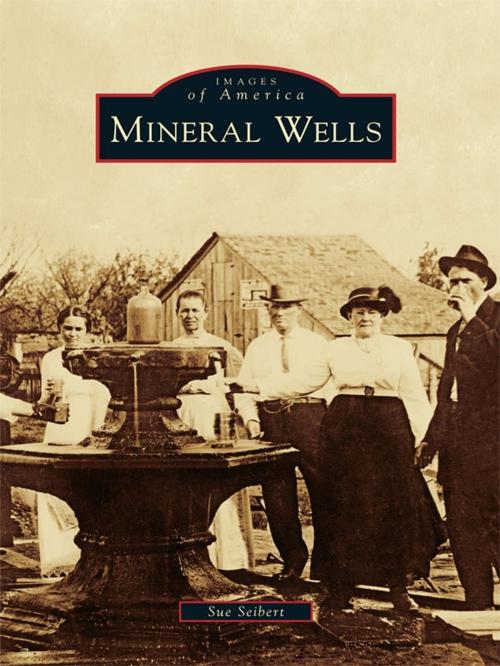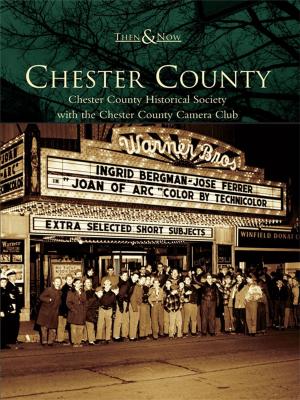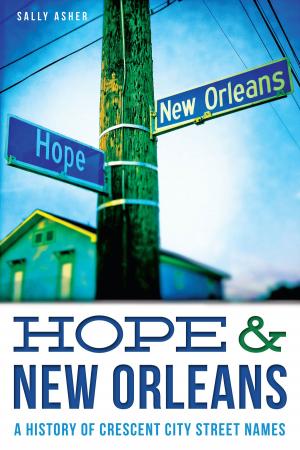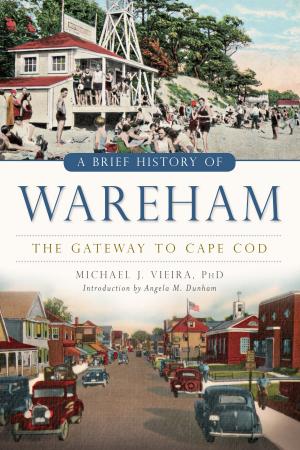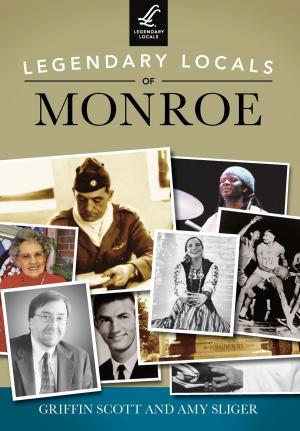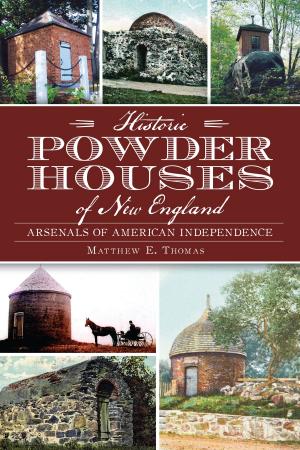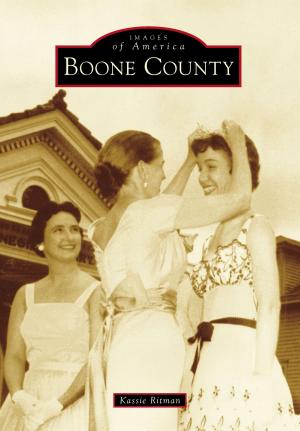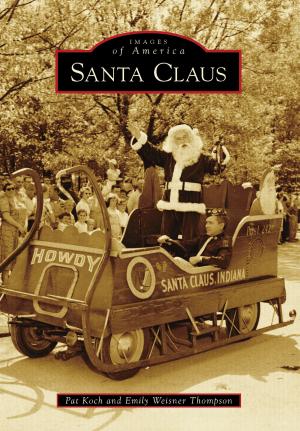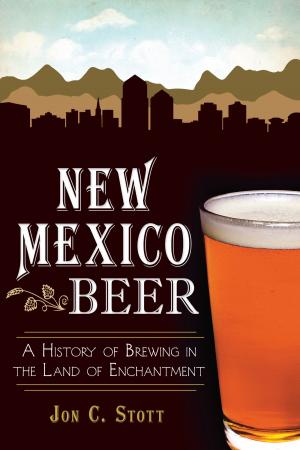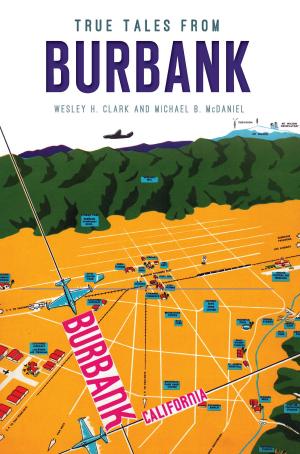| Author: | Sue Seibert | ISBN: | 9781439639955 |
| Publisher: | Arcadia Publishing Inc. | Publication: | March 28, 2011 |
| Imprint: | Arcadia Publishing | Language: | English |
| Author: | Sue Seibert |
| ISBN: | 9781439639955 |
| Publisher: | Arcadia Publishing Inc. |
| Publication: | March 28, 2011 |
| Imprint: | Arcadia Publishing |
| Language: | English |
The family of James Alvis Lynch headed west from Denison, Texas, to find a dry climate that would alleviate Lynch�s symptoms of malaria and his wife Amanda�s rheumatism. They traveled as far as the Brazos River, where U.S. 180 crosses today, when one of their oxen drowned, and the other was struck by lightning. To make matters worse, the Lynches learned of hair-raising tales of the struggles between Comanches and settlers. So on Christmas Eve in 1877, the Lynch family decided to settle 4 miles east of the Brazos in the beautiful valley between what are the East and West Mountains in present-day Mineral Wells. There, the Lynch family discovered the mineral-rich water that mended their maladies and brought tourists from far and wide to take the healing cure. The geology of the area also brought oil, gas, and brick plants, while the attacks on local settlers brought a military presence to the region. The history of Mineral Wells is alive today, as many descendants of early pioneers still live and work in the community, full of pride for their families� contributions to the area.
The family of James Alvis Lynch headed west from Denison, Texas, to find a dry climate that would alleviate Lynch�s symptoms of malaria and his wife Amanda�s rheumatism. They traveled as far as the Brazos River, where U.S. 180 crosses today, when one of their oxen drowned, and the other was struck by lightning. To make matters worse, the Lynches learned of hair-raising tales of the struggles between Comanches and settlers. So on Christmas Eve in 1877, the Lynch family decided to settle 4 miles east of the Brazos in the beautiful valley between what are the East and West Mountains in present-day Mineral Wells. There, the Lynch family discovered the mineral-rich water that mended their maladies and brought tourists from far and wide to take the healing cure. The geology of the area also brought oil, gas, and brick plants, while the attacks on local settlers brought a military presence to the region. The history of Mineral Wells is alive today, as many descendants of early pioneers still live and work in the community, full of pride for their families� contributions to the area.
